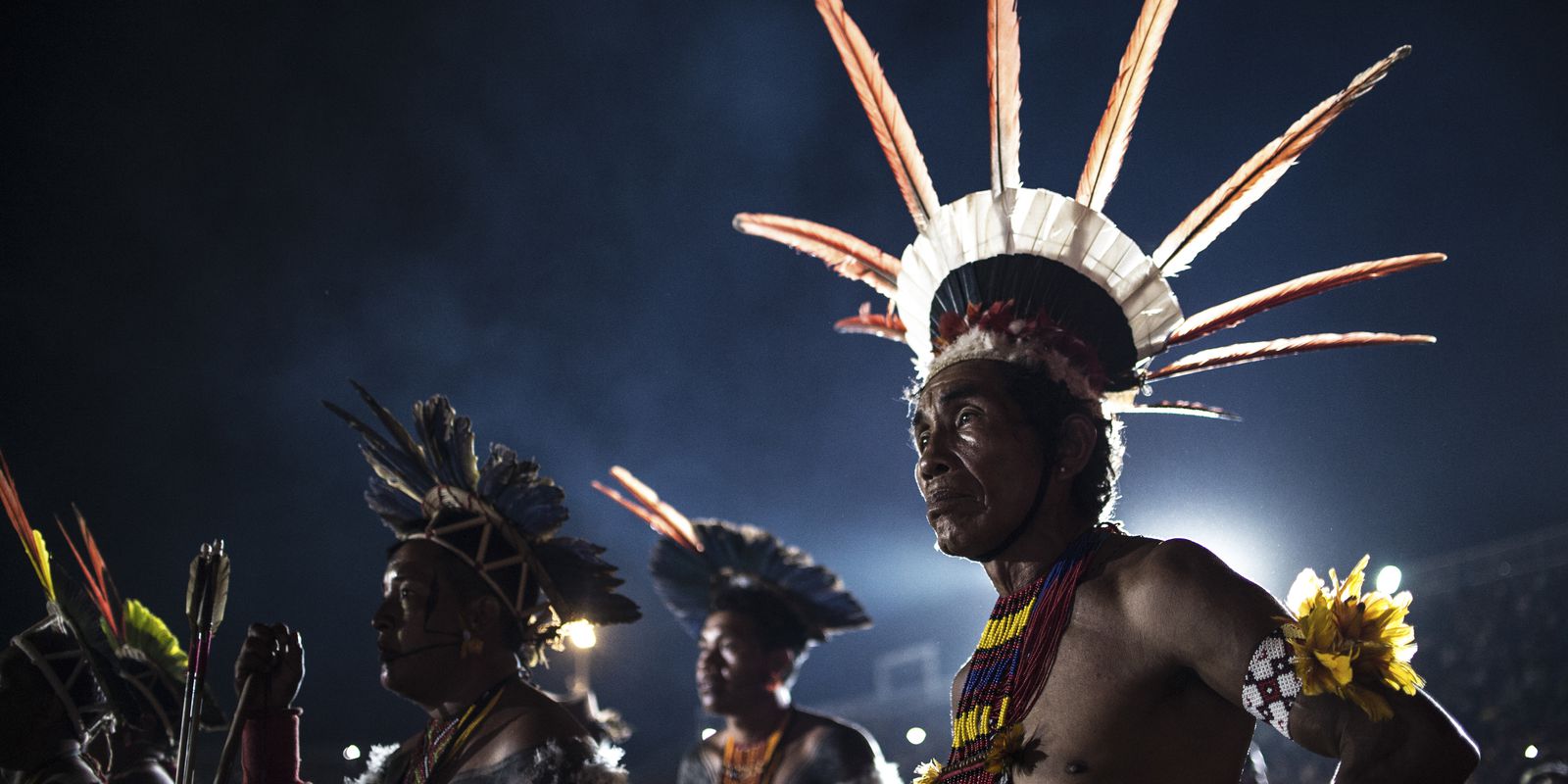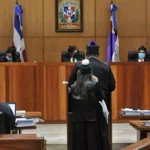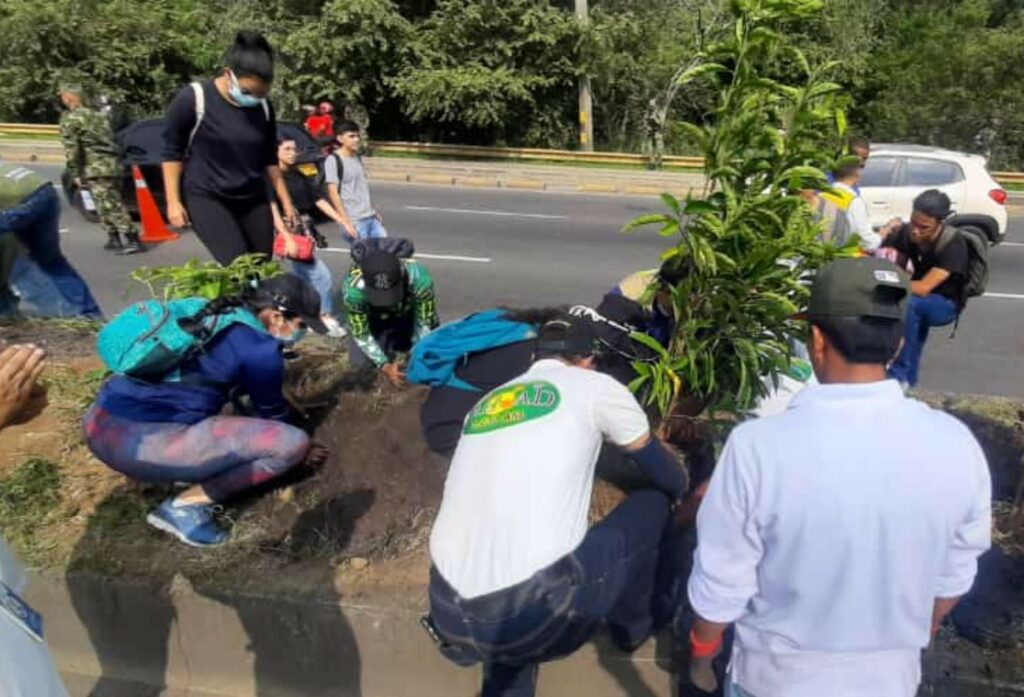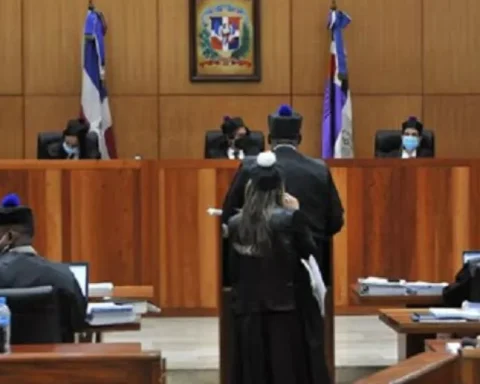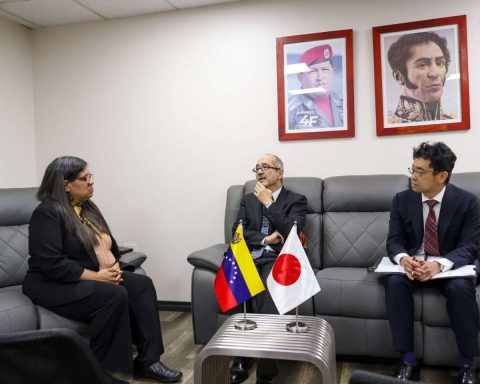Dates linked to the history of Brazil will be remembered in the week that begins this Sunday (16) – and which brings a national holiday next Friday (21): Tiradentes. On Wednesday, April 19th, it is Indigenous Peoples’ Day. The following day marks the 100th anniversary of the creation of Rádio Sociedade (currently MEC radio), the first radio station in the country. Finally, the 22nd marks the 523rd anniversary of the arrival of the Portuguese to what we now call Brazil.
And to talk about the first peoples that inhabited the national territory, the Today is the day rescue the documentary we are indiansfrom the TV Brazil. Filmed in 2016, during the World Indigenous Peoples Games, the documentary interviews indigenous people of different ethnicities, who detail their cultures, traditions, going through the diversities between peoples and also the points of contact in their stories. Watch:
O Reporting Pathsfrom the TV Brazilhas a series of episodes dedicated to indigenous peoples, addressing topics such as the struggle for the demarcation of the lands of their ancestorsThe indigenous health in times of pandemic, indigenous mental healthO mythical universe and the survival of tradition in the 21st centuryand recently the humanitarian crisis of the Yanomami people.
One hundred years of the first radio
On April 20, 1923, the minutes of creation of Rádio Sociedade do Rio de Janeiro, the first radio station in the country, were signed. Young scientists and intellectuals who were part of the Brazilian Academy of Sciences, such as Edgard Roquette-Pinto, Osório de Almeida, Henrique Morize, Paulo de Frontin, admirals Álvaro Alberto and Moraes Rêgo, were part of the foundation of the pioneering broadcaster, which would later enter the air on September 7 of that year.
Years later, in 1936, Rádio Sociedade would be donated to the federal government, changing its name to Rádio Ministério da Educação – popularly Rádio Ministério and later MEC radio. A Radio MEC, which is part of Brazil Communications Companyis the station that has been operating uninterruptedly for the longest time in the country, and was also the first public communication experience, with programming aimed at educating and disseminating science and culture.
Get to know the history of Rádio Sociedade and the MEC radio in these episodes of the series 100 years of radio in Brazil:
Radio Society:
MEC Radio:
national hero
The day of the hanging of the inconfidente Joaquim José da Silva Xavier – better known as Tiradentes – became a national holiday in Brazil in 1890. program On the Trail of Historyfrom the National Radiotold the story of the mineiro conjurer: his origins on the Pombal farm, the craft of “pulling teeth”, his military career and what made Tiradentes rebel against the Portuguese Crown:
Another episode of the program explains what the Inconfidência Mineira was, as well as its contradictions and gaps in the history of the revolt of the elite of Vila Rica (now Ouro Preto, in Minas Gerais) against the high tax burden imposed by Portugal:
In 2015, the National Radio Agency, in partnership with Rádio Educativa of the Federal University of Ouro Preto, published a series of five reports on the Inconfidência Mineira. The first talks about the origin of the movement; the second, about the makers of the insurrection; the third, about the women involved in the uprising; the room about the myths and legends about the Inconfidência Mineiraand the last one, which you hear below, about the sentence and execution of Tiradentes:
Land in sight!
On Saturday (22), it will be 523 years since Pedro Álvares Cabral’s squadron – the largest Portuguese fleet launched at sea until then – arrived in what is now Brazilian lands. The “finding” of Brazil was the subject of two episodes of the program On the Trail of History: one, which aired in 2017, reconstructs the fleet’s expedition, and also talks about the Portuguese maritime expansion and how these vessels crossed the Atlantic Ocean:
This episode from 2020 talks about what happened after the arrival of the Portuguese in Brazil, how was the relationship with the indigenous people and the consequences of the exploration of the “new” land by the Europeans:
more ephemeris
Other commemorative dates take place in the coming days: the world voice daythis Sunday (16); the International Day of Hemophilia, on April 17; National Botany Day, also on the 17th, in reference to the birth by the German naturalist Carl Friedrich Philipp von Martius; O National Children’s Book Day, on April 19; and on the 20th, the disco day (which honors the musician Ataulfo Alves, who died on this date, but from the year 1969) and the Diplomat’s Day (which marks the date of birth of the Baron of Rio Branco, patron of national diplomacy).
Check out the weekly list* of Today is the day with dates, historical facts and holidays:
April 16 to 22, 2023
16
Birth of the guitarist and composer from Pará Sebastian Tapajos (80 years)
Death of Rio de Janeiro composer Gustavo Thomás Filho, known as Brasinha (25 years old)
Death of French naturalist, mathematician and writer, Georges-Louis Leclerc, Count of Buffon (235 years old) – his theories influenced two generations of naturalists, including Jean-Baptiste de Lamarck and Charles Darwin
Beginning of the Pan-American Brazilian Automobile Expedition, or Pan-American Carreteira (95 years)
world voice day
17
Death of American photographer and activist Linda McCartney (25 years old)
Death of singer and songwriter from São Paulo Florinda Grandino de Oliveira, the Linda Batista (35 years old) – in 1937, she was the first singer to be elected Queen of Radio, a title she held for 11 consecutive years; shortly after the contest, she was hired by National Radio
International Hemophilia Day
National Botany Day – the date was instituted by Decree nº 1.147, of May 24, 1994, in honor of the celebrations of the 200th anniversary of the birth of the German naturalist Carl Friedrich Philipp von Martius
18
Death of the singer and composer from Rio Grande do Sul Nelson Gonçalves (25 years)
Birth of the composer, arranger and instrumentalist from São Paulo Vicente Paiva (110 years old) – he authored what is perhaps the most famous march of Brazilian carnivals: Mom I want
Birth of the conductor, cellist and composer from Rio Grande do Norte Mario Tavares (95 years old) – was one of the main interpreters of the works of Villa-Lobos; stated that, for him, there were no boundaries between classical and popular sounds
National Children’s Book Day – the date was chosen in honor of Monteiro Lobato
19
Indigenous Peoples Day
Brazilian Army Day
20
Birth of the Catalan surrealist sculptor, painter, engraver and ceramist Joan Miró (130 years)
Death of the gaucho priest Adelir Antônio de Carli, known as Padre do Balão (15 years old)
Beginning of the 1963 Pan American Games, held in the city of São Paulo (60 years)
Disco Day – the date arose in honor of the musician Ataulfo Alves, who died on April 20, 1969
Diplomat’s Day – marks the birth date of the Baron of Rio Branco, patron of Brazilian diplomacy
Radio Society, current MEC radiois created (100 years)
21
Death of American singer, songwriter and activist Eunice Kathleen Waymon, Nina Simone (20 years)
realization of plebiscite to determine the form and system of government in Brazil (30 years)
Mineira Inconfidência Day – also known as Tiradentes Day
22
Death of the São Paulo composer Gastão Lamounier (130 years old) – in 1945, the Lamounier Program started to be presented in National Radio; At that time, his career as a presenter of romantic programs on radio in Rio reached its highest point.
Day of the Discovery of Brazil by the Portuguese
International Mother Earth Day – Earth Day or Earth Day in the United States is a celebration that began in 1970, when Senator Gaylord Nelson called the first national protest against the pollution of our planet. The idea was supported by several countries after 1990, and was ratified by the 80th UN General Assembly.
*The dates are selected by the team of researchers from Projeto Efemérides, from the Collection Management of the Brazil Communication Company (EBC), which brings themes related to culture, history, science and personalities, always highlighting national and regional landmarks. The Collection Management also responds to research requests from the external public. Just send an email to [email protected].
